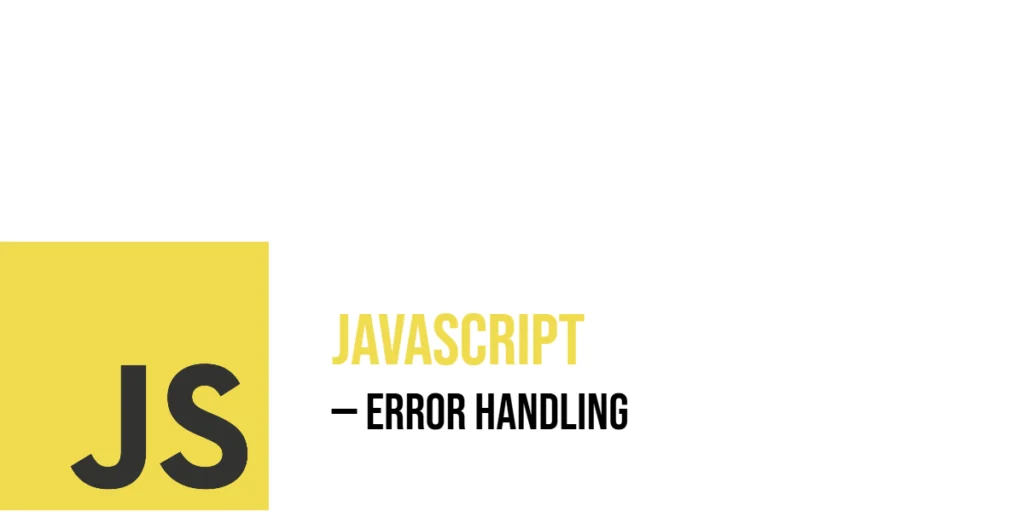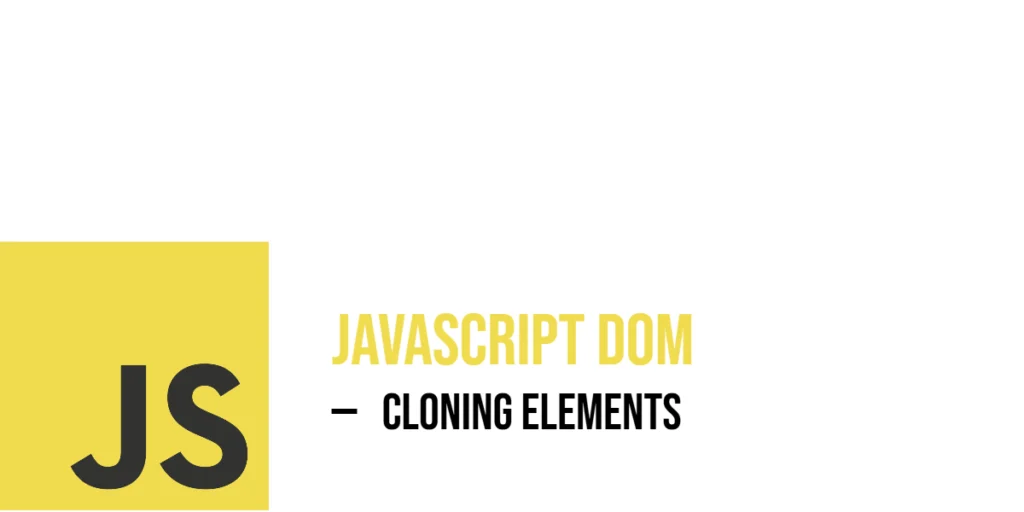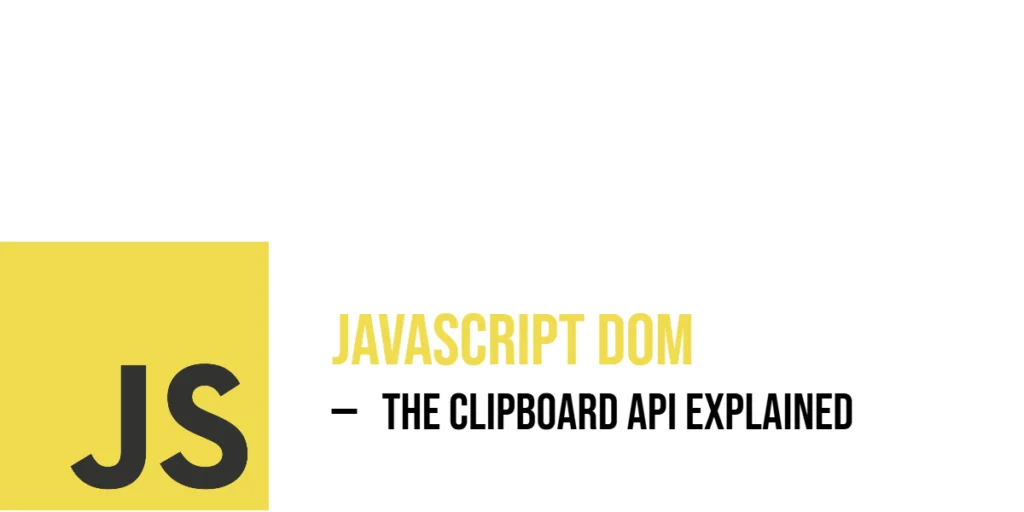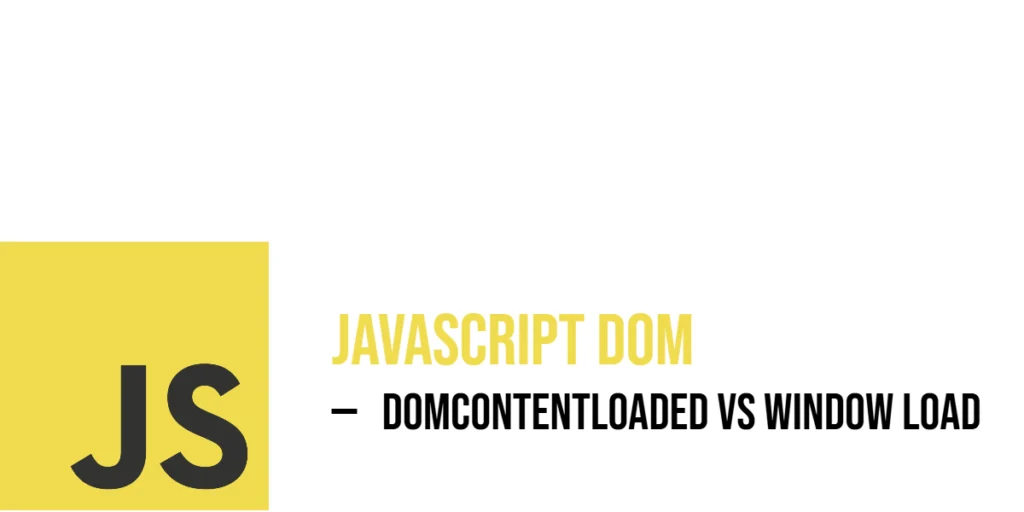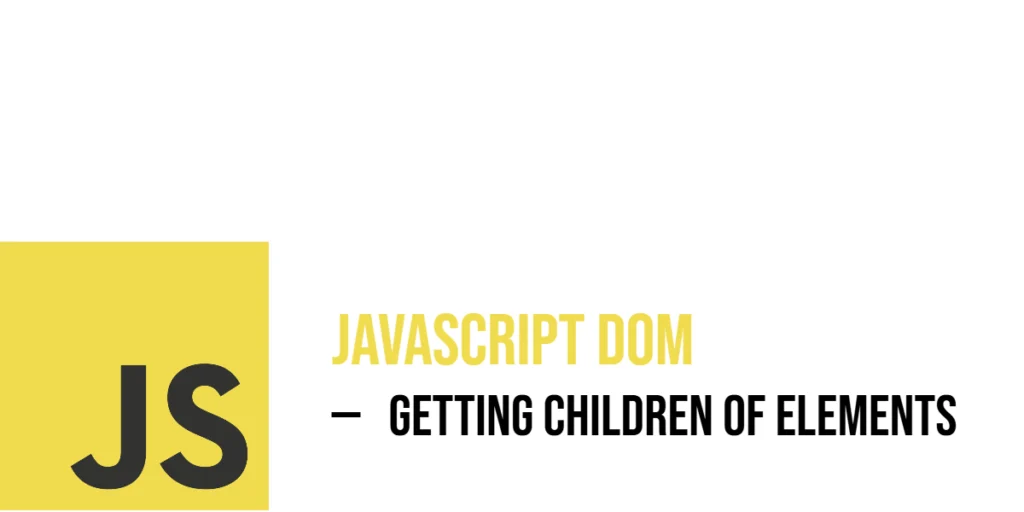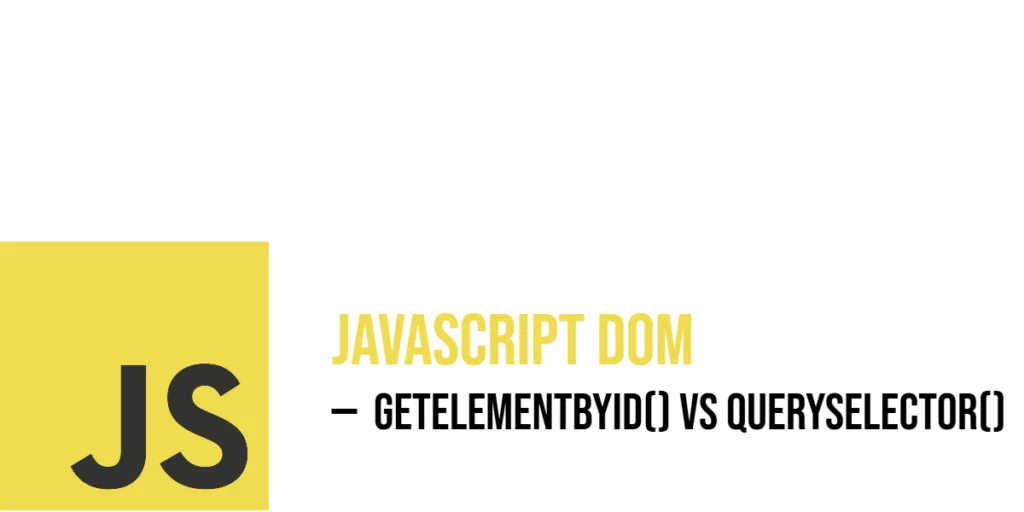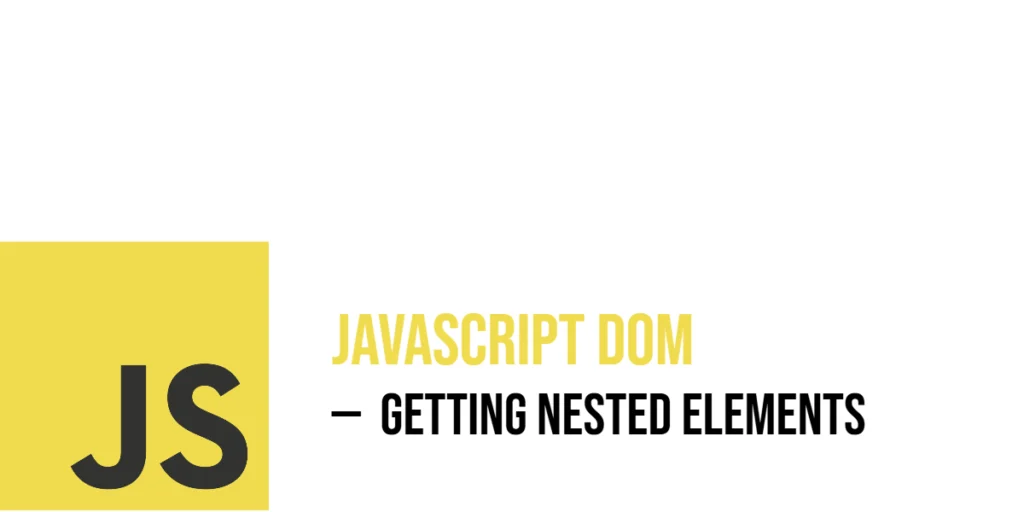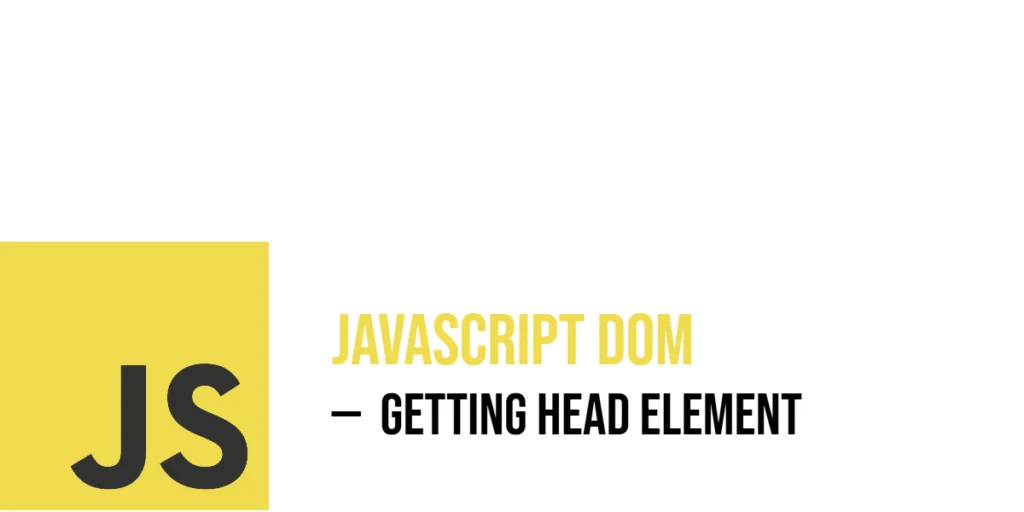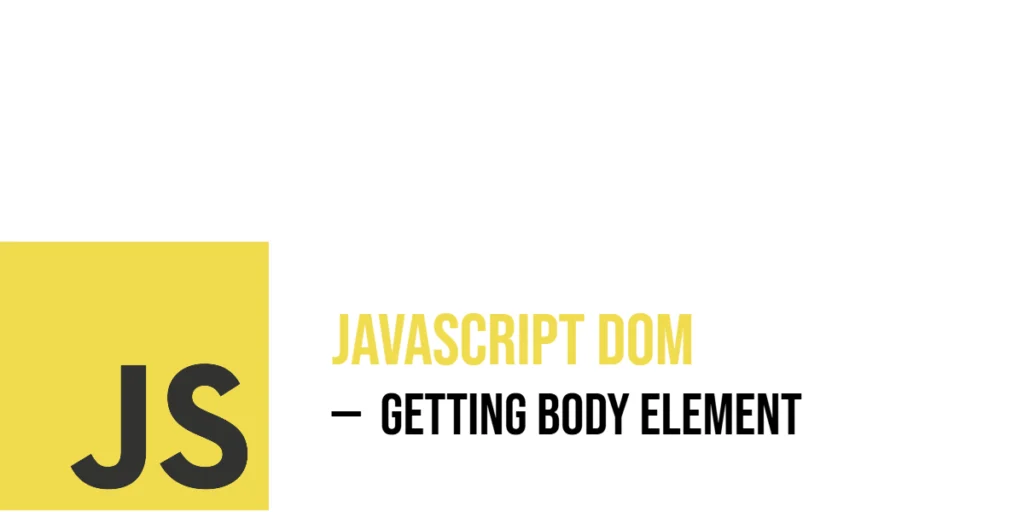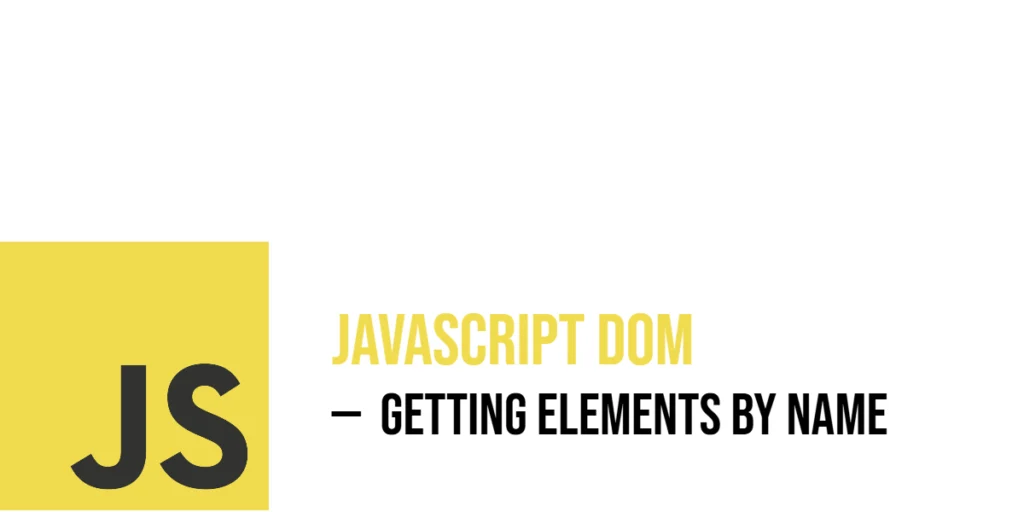JavaScript Error Handling
JavaScript programs sometimes encounter unexpected situations—such as undefined functions or invalid input—so the language provides mechanisms to detect, handle, and even throw custom errors. Error handling lets you gracefully manage issues at runtime, preventing crashes and enabling your code to respond or recover. In JavaScript, you can use try and catch to safely run code […]
JavaScript Error Handling Read More »
